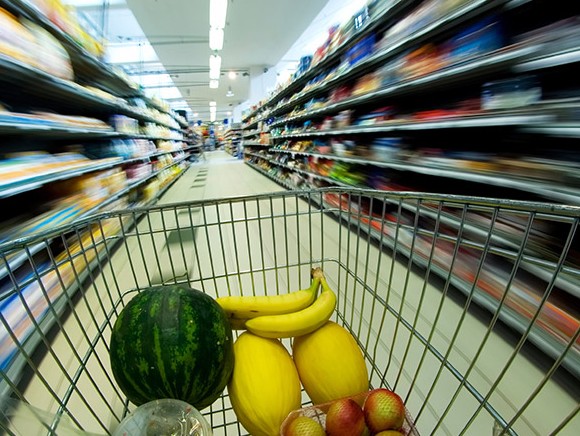
Many European food retailers have strengthened their position with respect to suppliers by joining forces internationally to source products. Global grocery buying groups have been around since the 1980s, yet many people are still unaware of them. In its report titled ‘Eyes on the Price’, the Centre for Research on Multinational Corporations (SOMO) explores the dynamics and possible negative effects of such buying groups for the first time.
“It was a difficult study,” says Gisela ten Kate from SOMO. “We wanted suppliers to tell us what kind of things they come up against when negotiating with the buying groups, but at the end of the day only one manufacturer was willing to talk to us – and anonymously at that. Suppliers obviously don’t feel able to talk about their relationships with supermarkets out of fear of losing customers. However, the conclusions from our study are very clear: the growing purchasing strength of grocery retailers means that suppliers and farmers increasingly draw the short straw. There’s an imbalance of power. Suppliers are required to share an awful lot of information and the negotiations are complex. Hence, there’s a bigger chance that suppliers will come up against unfair business practices. These aspects should receive much more attention from European policymakers.”
Source: © iStock.com/photovideostock